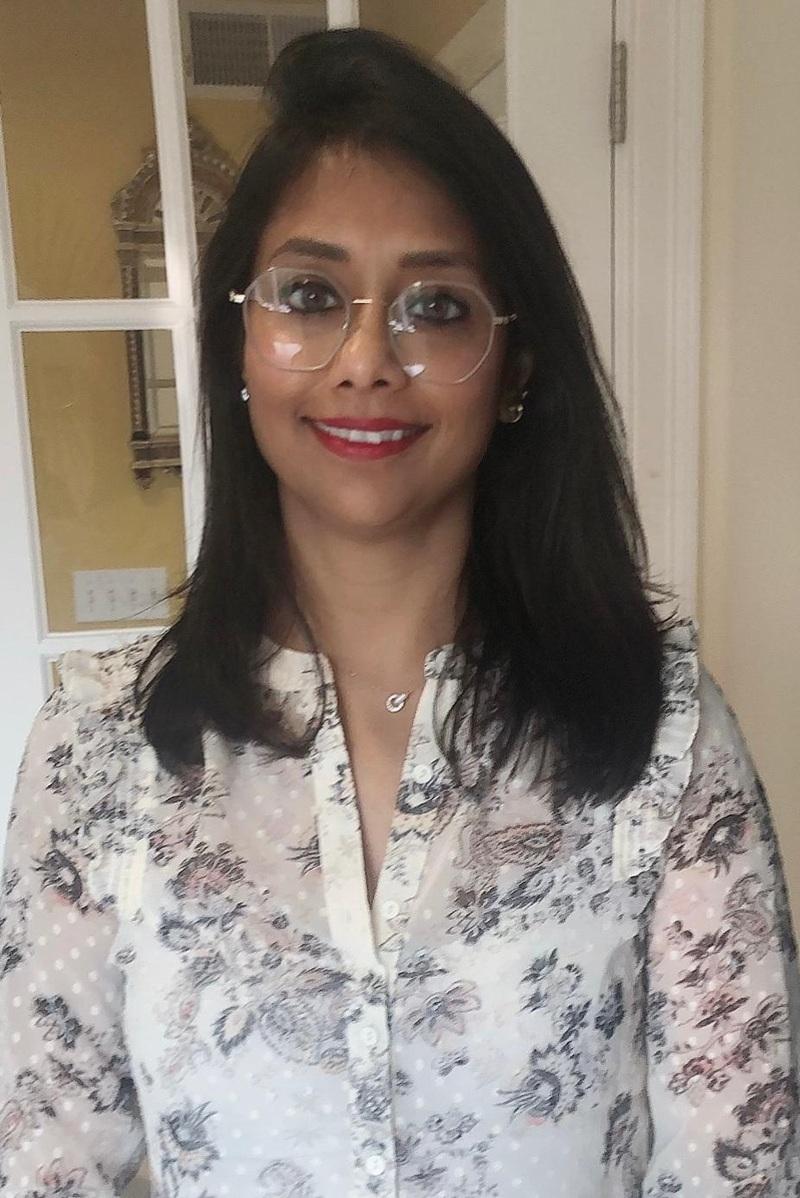Domestic violence – Breaking the Silence

Domestic violence – Breaking the Silence
By Lopa Jhamb, Licensed Sr. DV Advocate – Saheli Boston
Domestic violence (DV) within South Asian families is a deeply rooted issue, often exacerbated by cultural stigma, societal expectations, and the challenges of navigating life in a foreign country. As a domestic violence advocate at Saheli, I have witnessed countless stories of resilience, courage, and hope. Survivors often share their struggles and their triumphs, making it clear that the first step—breaking the silence—is the hardest but also the most transformative, says Lopa Jhamb, Sr. DV advocate at Saheli since 2020.
Breaking the Silence – HOW?
Imagine a young woman, hesitant and fearful, picking up the phone to call Saheli for the first time. For South Asian women, breaking the silence about abuse feels like standing on the edge of a cliff. Cultural values, such as preserving family honor or avoiding judgment from the community, weigh heavily on their shoulders. At Saheli, we assure them from the very beginning that all our services are confidential and free of charge. Survivors are informed of this as soon as they connect with us, giving them the reassurance they need to take the next step.
Each story begins with trust. When a survivor shares her experience, she is not only seeking help but also taking a leap of faith. It’s a monumental step in a journey toward safety and healing—and Saheli Boston is honored to walk with her.
Navigating Life in a Foreign Country
For many survivors, the trauma of abuse is compounded by the challenges of navigating an unfamiliar system in a foreign country. They must rebuild their lives while grappling with questions that seem overwhelming: How do I protect myself and my children? What legal rights do I have? How will I support my family financially? The unknowns can feel paralyzing, but that’s when Saheli’s advocates step in.
Tailored Support for Survivors
Saheli’s organizational approach is personal and compassionate. They start by understanding each survivor’s unique circumstances, then offer tailored assistance to meet their specific needs. Here’s how they help:
- Legal Assistance: Saheli guides survivors through the legal process, helping them obtain restraining orders, file for divorce, secure child custody, and establish child support. They provide immigration assistance, including applications for U visas and VAWA petitions. They assist in creating profiles with the Department of Revenue to ensure seamless child support payments.
- Mental Health Support: Saheli connects survivors with culturally sensitive therapists for one-on-one sessions and encourage them to join support groups. These avenues provide emotional healing and a sense of community.
- Access to Public Benefits: Many survivors don’t know where to begin when it comes to securing benefits. Saheli assists with applications for SNAP (food stamps), MassHealth, WIC for infants and toddlers, and other essential programs.
- Economic Empowerment: Saheli empowers survivors to become financially independent by helping them build resumes, apply for jobs, and gain essential skills.
- Housing Assistance: Whether it’s rent assistance, placement in shelters, or transitional homes, we help survivors find safe and stable housing.
- Tax Clinics: Saheli offers free tax clinics to assist low-income survivors with filing their taxes, providing them with financial clarity and security.
- The Path to Healing: Healing is not linear, nor is it quick. Survivors often describe it as a journey filled with setbacks and small victories. Saheli emphasizes patience, self-care, and community support. Their advocates walk alongside survivors, helping them navigate their emotions and practical challenges as they work toward a brighter future for themselves and their children.
Article by Lopa Jhamb
12/20/2024
Foot Note from IAGB:
IAGB stands tall against this menace and urges the community for its Call to Action
Domestic violence is not just a personal issue but a community one. By breaking the silence and addressing the trauma survivors face, we foster a culture of support, understanding, and resilience. Together, we can ensure that survivors feel seen, heard, and valued.
Let us continue to stand united against domestic violence in South Asian families, creating a future where no survivor must face abuse or its aftermath alone. Let us join hands to witness the emergence of a new generation of Indian women, driven by education, economic empowerment, and a determination to challenge societal norms.
Through trials hard and battles deep, in silence, women, you have dared to speak.
The world may turn, yet with you stand, together strong, hand in hand.
Mission Shakti – Call for Equity & Justice!
